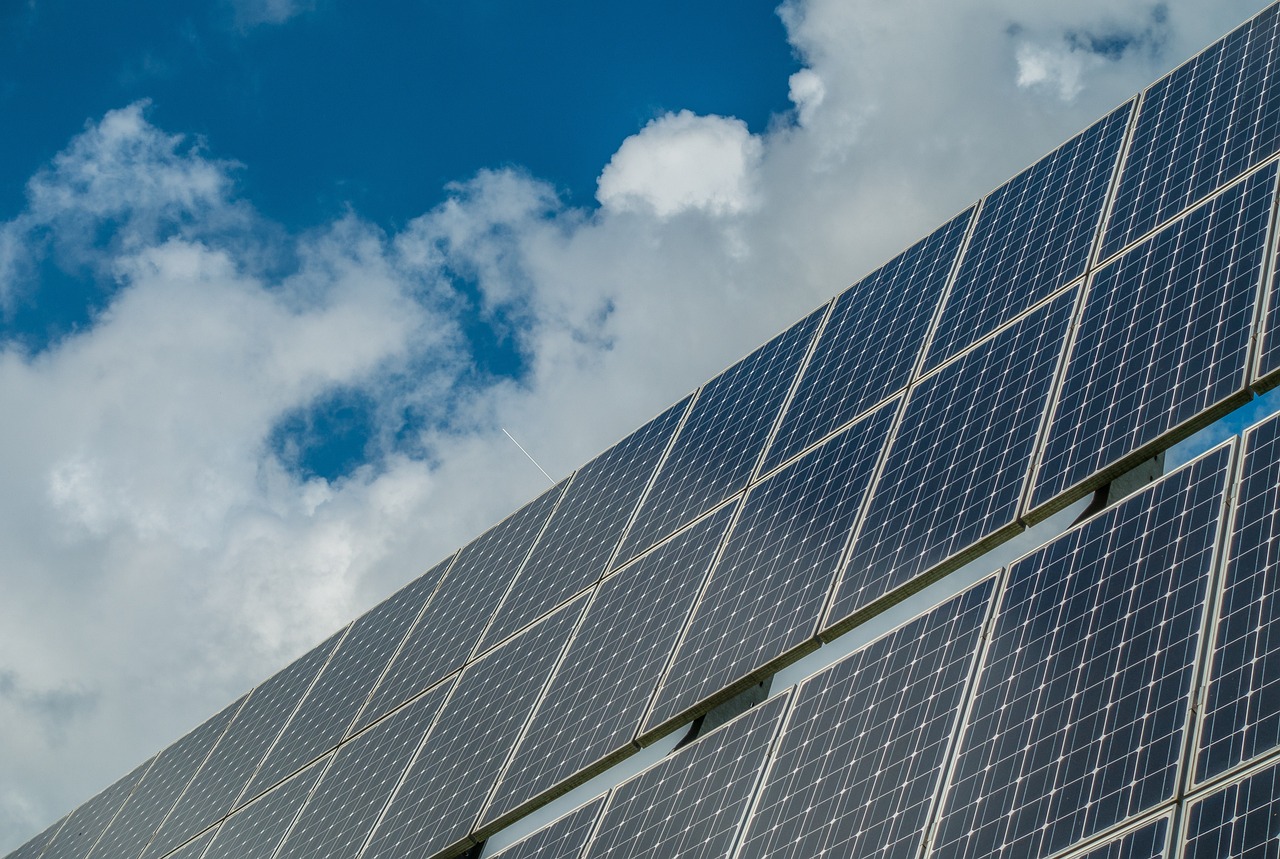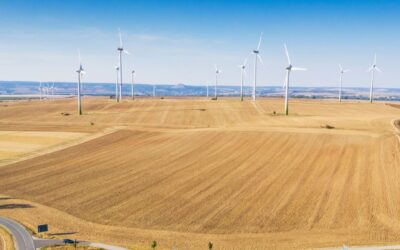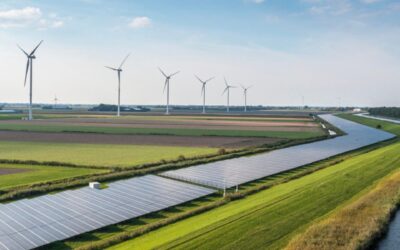Rick Smith, President of the Canadian Climate Institute, made the following statement on the Government of Alberta’s new rules and restrictions for renewable energy development:
“Today the Alberta government announced sweeping rules and restrictions on future renewable energy development that will throttle a booming industry, increase electricity rates, and drive away investment — both from renewable energy developers and from companies looking to set up shop in provinces with abundant, low-cost, clean electricity.
“While due diligence is always necessary in regulating energy development, the restrictions announced today are not proportionate to the risks and are at odds with regulations currently applied to other industries in Alberta.
“The 35-kilometre ‘buffer zone’ appears to put a significant constraint on where new renewable energy projects can be located. This new rule will exclude new wind power development in many of the best locations around the province—including areas where wind projects already exist. Further, outlawing renewable energy development on potential agricultural land impedes the rights of rural landowners and municipalities seeking new economic opportunities. Evidence indicates renewable energy and agricultural activities can coexist and help farmers diversify their income.
“Today’s announcement also puts Alberta’s commitment to net zero emissions by 2050 in question. By severely limiting its options to develop new renewable power, Alberta has chosen a much more difficult and costly path to reducing emissions from its electricity sector.
“Renewable energy is the cheapest form of power available today, and is expected to continue to grow at a breakneck pace worldwide. By adding significant new red tape and creating unprecedented levels of investor uncertainty to new renewable energy development, Alberta is passing up the opportunity to cut electricity rates and support rural economic development, while tilting the scales in favour of more costly, volatile, and polluting fossil fuel power.
“This decision will cost Albertans in terms of lost jobs, forfeited investment, and higher electricity rates for decades to come.”
Quick Facts:
- The renewable energy sector is an important growth industry for Alberta and Canada’s clean economy. Last year alone, the sector in Alberta accounted for more than 92 per cent of Canada’s overall growth in renewable energy and storage capacity.
- As of last year, there were 118 renewable projects in Alberta representing $33 billion of investment and 24,000 job-years that were at some stage of development, according to the Pembina Institute.
- Reaching Canada’s emissions targets requires a big switch from fossil fuels to clean electricity. The Institute’s research has shown that electrification is core to every conceivable pathway to Canada’s emissions reduction targets.
- The International Energy Agency has said that renewable capacity needs to triple worldwide to limit global temperature rise to 1.5° Celsius. At COP28 in December, Canada and other signatories agreed to work toward achieving that goal.
Resources:
- Report: The Big Switch: Powering Canada’s net zero future
- Article: How renewables can play a bigger part in Canada’s electricity system
- Fact sheet: Clean electricity in Canada
- Report: Clean Electricity, Affordable Energy: How federal and provincial governments can save Canadians money on the path to net zero
CONTACT
Catharine Tunnacliffe
Communications Director
Canadian Climate Institute
(226) 212-9883
ctunnacliffe@climateinstitute.ca





